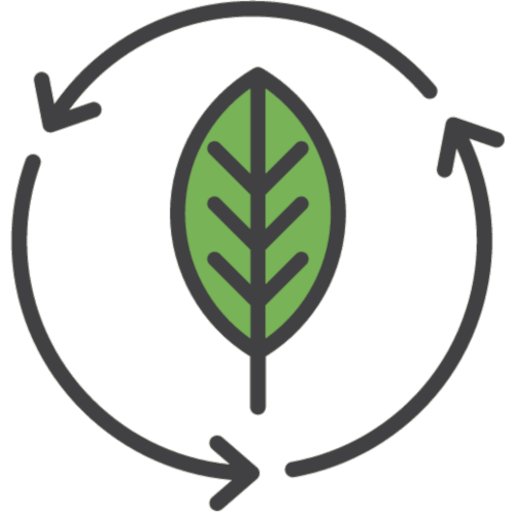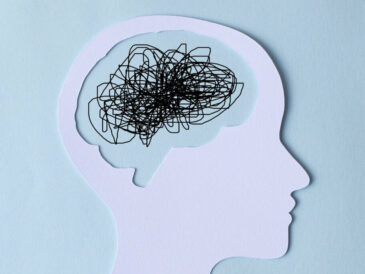Clients’ lives can be greatly improved by the acquisition of several skills, including but not limited to communication, the adoption of beneficial thinking, and the use of preferential instead of absolute guidelines. Both the counsellor and the client stand to benefit from an increase in these transferable abilities.
Helpful Resources in Psychology
The question, therefore, becomes, exactly how do psychologists “take a look at the mind”? Individuals often wonder how researchers can quantify occurrences and reach appropriate conclusions when dealing with the human mind and behaviour.
Psychological studies employ scientific approaches like experimentation and observation to learn more about the human mind. Factors must be quantifiable, recreatable, and, preferably to some degree, observable if scientists are to do research on them.
Refining Our Capacity for Mutual Understanding

Vocal communications are a significant part of our spoken communication and the way we interact with others. The VAPER technique is useful for evaluating verbal communication abilities for purposes beyond counselling, which benefits both the counsellor and the client.
- Volume – Did the person listening find my voice to be loud enough?
- Articulation – Did I speak clearly, enunciating phrases so that they might be easily understood by the listener?
- Pitch – Should I have lowered my voice or kept it at a higher pitch?
- Emphasis – Were my emphases too strong, bordering on melodrama? Too little, and you’ll come across as uninteresting.
- Rate – Did I talk too fast and sound frantic? , or at a glacial pace that makes you sound pretentious or uninterested?
Observation
Every scientific discipline relies heavily on the power of observation. In the early days of psychology, researchers sought to explain phenomena that had already been seen, such as the impact of depression or the psychological processes that gave rise to particular social phenomena. Since these factors have such a profound impact on who we are and how we live our lives, they naturally pique our interest.
Observation in the scientific sense is the process of gathering information through observing a subject while it performs a task or develops a trait. Scientists can define and gain a deeper understanding of their research topic through the simple act of recording data on the phenomena of interest.
What Role Do Thoughts Play in Influencing Our Actions
How we believe moderates our actions most of the time. It might be helpful for clients to work through the STC (situation, ideas, and outcomes) framework, which explains the connection between external events and internal responses.
Experiments
To gain a more accurate understanding of psychological phenomena, or any other scientific phenomenon, experiments are essential. In a controlled setting (which need not be a laboratory), researchers observe and record a subject’s behaviour to conclude it. These days, psychologists can get a more full view of a patient’s behaviour because of healthcare technologies like smartphone applications and wearables that may collect an extensive variety of experimental information.
Changing One’s Way of Thinking
According to proponents of the cognitive model, a person’s outlook on life and the world at large are the root causes of their actions. The first step in this approach is to discover the four-term contingency aspects, including the event’s trigger and its development through time, by analysing the patient’s thoughts and imagery regarding the incident. The goal of this approach is to achieve psychological restructuring, which entails assisting the patient in developing a new mental model for the triggering experience.
An individual with a specific phobia, for instance, might have a negative reaction to the stimuli, prompting them to seek professional help from a psychologist. The therapist will work with the patient to change their perspective on the triggering incident and teach them new coping skills so they can avoid engaging in harmful behaviour in the future.
Analyses of Functioning
The premise of functional analysis is that specific human actions are prompted by environmental cues. It seeks to pinpoint the precise conditions that lead to the behaviour and analyse the subsequent effects. This method of psychological evaluation helps us understand what’s going on and why a certain behaviour is occurring.
Take the same arachnophobic patient as an example; the therapist will work with the patient to determine what circumstances first sparked the phobia and what current situations evoke the same anxiety.
However, it is essential to recognise that behaviours are rarely analysed in isolation; rather, proposed hypotheses need to make connections between behaviours and the contexts in which they occur to be deemed generalizable.
Mindfulness

The media frequently reference “mindfulness,” which stands for the elusive but much-desired state of inner peace. According to psychological theory, practising mindfulness can help us overcome adverse experiences and make them less significant in the long run. The essence of practising mindfulness is to be present with emotion and to notice it without judgment. The practice of mindfulness is rooted in Buddhist philosophy and psychology. Its basic ideas are so easy to understand and harmless that psychologists and regular people can apply them on their own.
Theoretically Constructing a Case
Common in cognitive therapy is a method called “case formulation,” which involves the patient in the assessment, analysis, and formulation of treatment plans to better comprehend the person’s difficulties. Professionals in the field already have access to and make use of published case formulations that have been adapted for distinct disorders to aid in the psychological assessment of patients.
A case formulation is similar to telling a tale since it examines the sequence of events that led up to a problem, the causes and effects of that problem, and the best course of action for a specific patient. Collectively, clients and healthcare professionals can use this information to formulate a treatment strategy and rein in problematic habits. Assisting the client in deconstructing the way they think can help them become more self-aware and in charge of their thoughts.
Normative Conduct
People live by a set of “do’s” and “don’ts” called rules. Some of our choices are reasonable and in line with our beliefs and aims in life, while others are irrational and driven by fear or the need for rapid pleasure. Clients’ distress may be maintained if they hold demanding rules (or beliefs) rather than preferring norms, which are more beneficial, effective, logical, and in line with the realities of society and the price of such preferences. Consider three of the strictest guidelines you’ve ever imposed on yourself. As in, “I have to be the best parent ever.”
Next, Formulate Them Into Discriminatory Norms
A good parent is what I aspire to be; nevertheless, I am still developing and will make mistakes as a result. All of the aforementioned methods and resources are useful for enhancing clients’ self-awareness and social skills.
Concluding Remarks
Like other scientific disciplines, psychology makes use of a wide variety of methods and instruments. The industry is keeping its significance and growing more trustworthy as a result of its embrace of technology and the development of novel types of instruments.
To improve their services, better monitor their patients, and optimise their administrative operations, psychologists nowadays are increasingly using technological tools and software. Counsellors at ChangesRehab.co.za in Joburg are highly trained professionals who take a holistic approach and employ therapies backed by scientific research to aid you in your process of growth and development.





